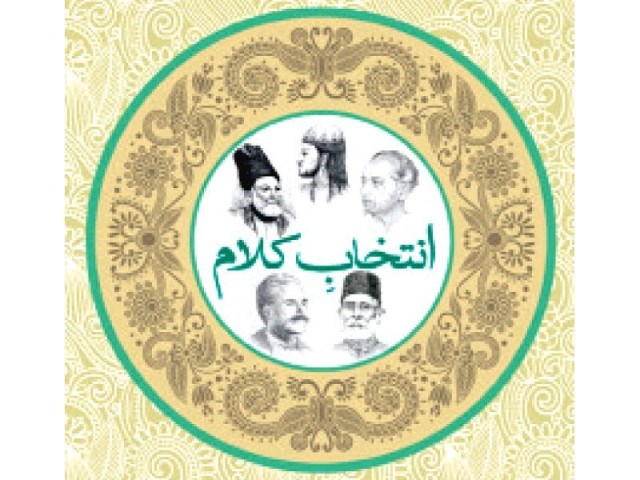Literary decline: Reading culture hit by technology, say writers
Urdu poetry published in paperback to revive interest in literature and language.

Urdu poetry published in paperback to revive interest in literature and language.
The Urdu language has its fair share of creative writers who are generating original prose and poetry at present.
But much more needs to be done to protect the quality and nature of Urdu content in a bid to retain readership and reverse what is arguably an “academic and literary decline” of the national language.
Speakers expressed these views at the Shah Latif Auditorium on Friday during a talk based around a new series of Urdu books being published by the Oxford University Press (OUP).
The talk was a mix of nostalgia for books, self-criticism on the decline of the language, a lament against technological blow to the traditional reading culture and a defence of creative expression in the language.
Critic and linguist Salman Asif said, “In the guise of being language-friendly, we have twisted and suppressed Urdu.”

We have not allowed it to become the language of communication, research or effective broadcasting, he added. “We have reduced it to the language of poetry recitations.”
Poet Manzar Naqvi pointed out that situation was not as bleak. Writers continue to produce prose and poetry. Naqvi, however, conceded that the reading habit has been affected by digital technology. He was of the view that broadcast media had promoted the national language.
Asif said the quality of Urdu being aired on radio and television is not up to the mark. He said this decline in the standard could also lead to weakening the national language’s relationship with character building and other social aspects.
Asif said the academic and literary standards of any language are gauged by its readership, which is an area where Urdu is struggling.
The number of people who are reading analysing, and then citing or referring to Urdu books is slim, he added.
Poet Kishwer Naheed said OUP’s book-series reminded her of her childhood when they would use similar books, often borrowed from the “Aana libraries.” Such libraries, and the currency used for renting books were popular once but are now extinct.
Poet and writer Harris Khalique, who moderated the talk, said the series provides a necessary introduction to classical poets for new readers.
“It is an opportunity for young people, especially children and students, to read about famous poets and decide for themselves which poet they want to read further and which
poet they want to follow for their personal training,” Khalique said.
The series of books titled “Intikhab-i- Kalam: Hamara Virsa” (Selection of Poetry: Our Heritage) consists of inexpensive, small-sized paperbacks.
Each book is a collection of poems or ghazals from one famous classical Urdu poet. So far, OUP has published books on 39 poets, as diverse as Wali Deccani and Noon Meem Rashid in the series.
Published in The Express Tribune, February 1st, 2014.



















COMMENTS
Comments are moderated and generally will be posted if they are on-topic and not abusive.
For more information, please see our Comments FAQ